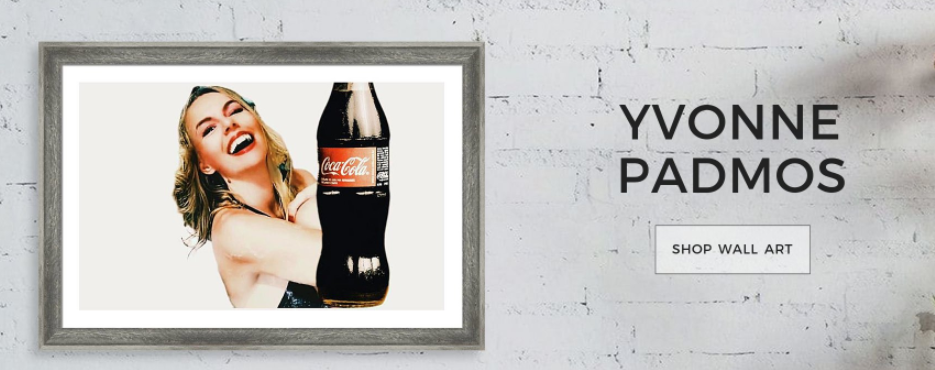The goal of our unique worth is not to hide it, but to share it, and it is only by sharing that we will feel united. I’ve been hearing a lot about “permission” since I started giving LOA coching. Some artists who said yes to a retreat day shared that this was a much-needed structure to enable and empower them to FINALLY give themselves permission to take time for their creative work.
Others simply couldn’t say yes, couldn’t allow themselves to do so.
What does having permission to do anything imply? Other words connected to permission, according to my thesaurus, are consent, sanctioning, and authorization.
Consent is an acknowledgement that what you’re doing complies with specified expectations, criteria, and norms. It has a somber tone to it, as if someone believes in you. Sanction is a more formal confession of faith and acceptance. Authorization, on the other hand, suggests that you are unique. That not just anyone is intended to paint this artwork, write this song, or create that piece of jewelry. You’ve been given special permission to do it.
And why is that? Because you have the one-of-a-kind abilities required to bring that creative endeavor to life. Who gave you permission? The same power that gave you those abilities and gifts — whether you call it God, the universe, Spirit, or something else. We’re not given the desire to achieve something without also being given the ability to do it, as we learned in the Science of Getting Rich.
Why is it so difficult to give ourselves permission to authorize ourselves?To approve our own creative effort, do we give ourselves permission and consent? Sometimes we seek permission from others, expecting that they will refuse it unconsciously (or intentionally) so that we won’t have to face the terrible reality of living up to our potential.
A number of these words imply that you’ll need permission from someone else. And it is at times. Whether you want to attend an artist retreat day, fulfill a deadline, or just develop a fresh idea that came to you on the spur of the moment, you’ll occasionally need permission from the people in your life to devote time to your creative work.

It could entail outsourcing domestic tasks or child care, as well as rescheduling a date or occasion. You might also need to be willing to be flexible and accept that things don’t always get done right away. It also entails creating a supportive environment for your job.
Will you be granted permission by others? Of course, you have no influence over what others believe, say, or do, but consider this: our loved ones will pick up on how serious we take our creative job. We’re encouraging others to regard it the same way if we consistently put it on the back burner, put our work down, and let it be the first thing to go when things get hectic or busy.
Why should they take our creative work seriously if we don’t? What’s more crucial, I believe, is the license we give ourselves. We deny ourselves permission to pursue our creative work for a variety of reasons. Fear is at the top of the list. To mention a few, fear of success, fear of failure, fear of what others will think of us, fear of being good, fear of being bad, and dread of letting someone else down.
We can cling to memories of being denied permission, denied access, not sanctioned or authorized, or having our work criticized or dismissed. Some of us have even been warned outright not to pursue our creative work (“don’t quit your day job,” “choose another path,” “you have no business doing this work”), which has put a block on our spirits. “This work has been sanctioned by _______,” it says in fine print (the name of your source of Power).
10 Indications That You’ve Permitted Yourself To Be A Creative Artist
- When someone asks, “And what do you do?” the first words out of your mouth are “I’m a songwriter/artist/sculptor/writer, etc.”
- Whether you’re working on or reworking things, or promoting your work, you’re dedicated to your trade.

3. You instill in your loved ones the importance of taking your craft seriously.
4. The materials and resources you’ll need to generate are included in your budget and are budgeted for each month.
5. You’re dedicated to your own learning, development, and progress, as evidenced by your participation in artist groups and discussion forums, as well as your search for mentorship and coaching.
6. You don’t let mistakes or criticism get in the way of your progress.
7. You’re accumulating the financial, emotional, and spiritual resources you’ll need to support yourself.
8. You are aware of your physical lifestyle habits and choose those that will not obstruct your creative work.
9. You look for opportunities to share your knowledge and assistance with someone who has less experience than you.
10. You routinely decline demands for your time, energy, or commitment that might divert you from your creative endeavors.
If you can recognize your intuition, you’ll have more hunches and ideas. You’ll learn when to trust it if you study it. You’ll be rewarded with good hunches and ideas if you provide it with good information. This is the straightforward formula for increasing intuition. More in the next articles.
Love and peace
yvonne padmos
If you want to get in touch
Linkedin.com/yvonne_padmos_ypmiracles
Questions or requests for cooperation via Linkedin contact details
It might be good to know that I also offer jobs and coaching. See you soon.
Check the link Trees!

